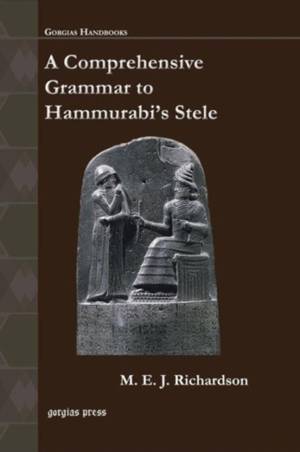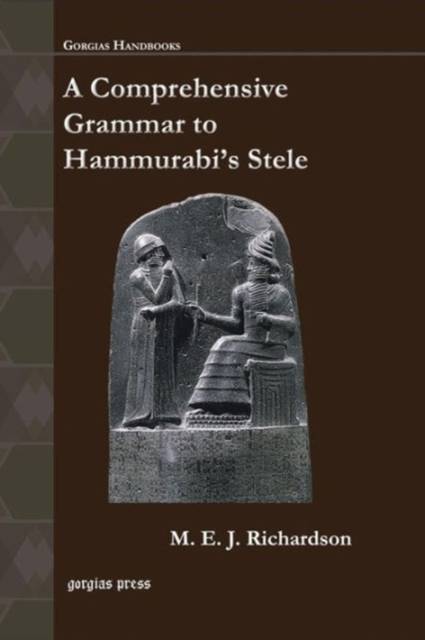
- Retrait gratuit dans votre magasin Club
- 7.000.000 titres dans notre catalogue
- Payer en toute sécurité
- Toujours un magasin près de chez vous
- Retrait gratuit dans votre magasin Club
- 7.000.0000 titres dans notre catalogue
- Payer en toute sécurité
- Toujours un magasin près de chez vous
95,45 €
+ 190 points
Description
This complete grammar of Code of Hammurabi is formally arranged and can be the basis for learning the rest of Akkadian grammar.
Spécifications
Parties prenantes
- Auteur(s) :
- Editeur:
Contenu
- Nombre de pages :
- 358
- Collection :
Caractéristiques
- EAN:
- 9781463202842
- Date de parution :
- 30-04-14
- Format:
- Livre broché

Les avis
Nous publions uniquement les avis qui respectent les conditions requises. Consultez nos conditions pour les avis.






